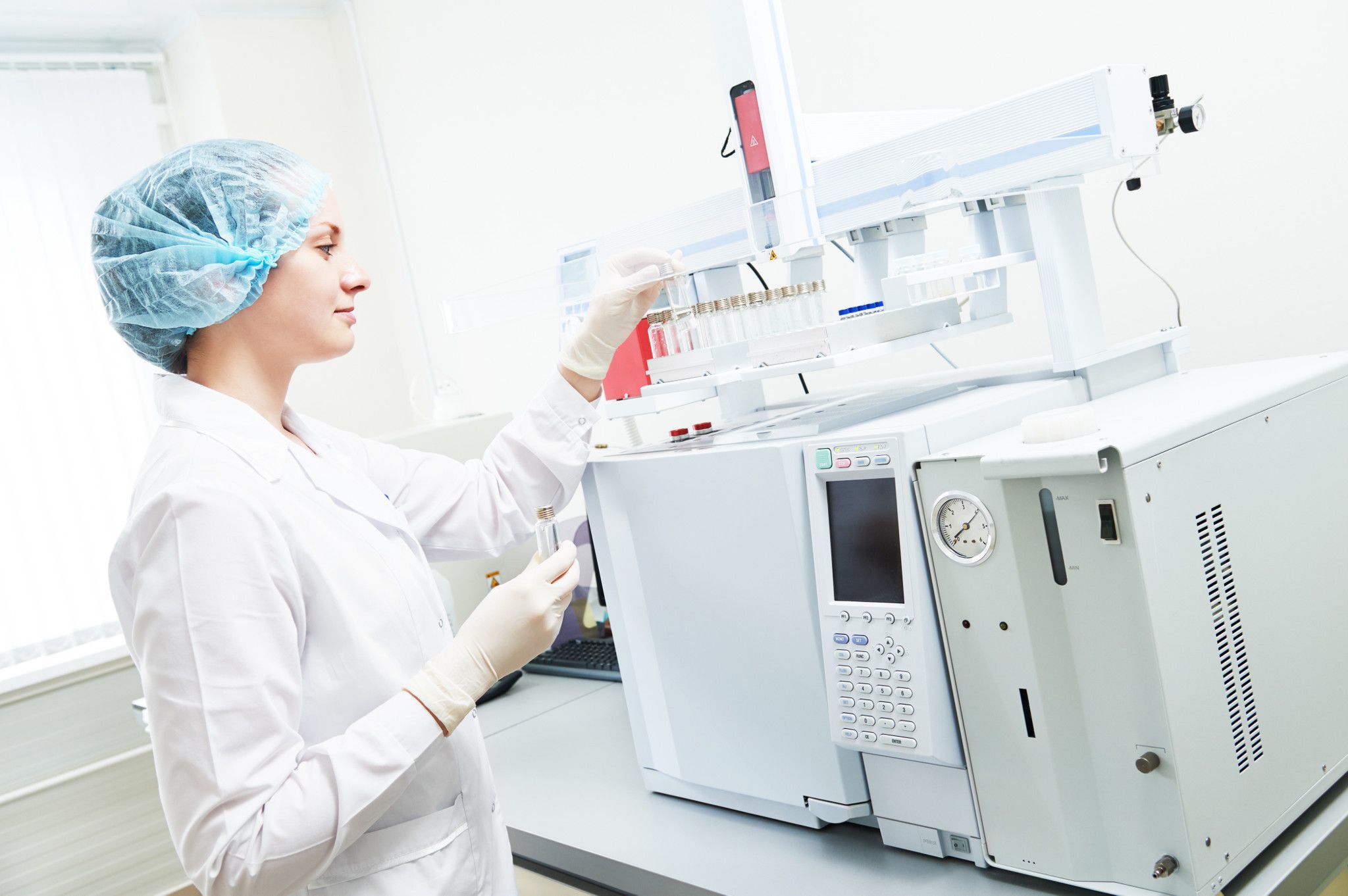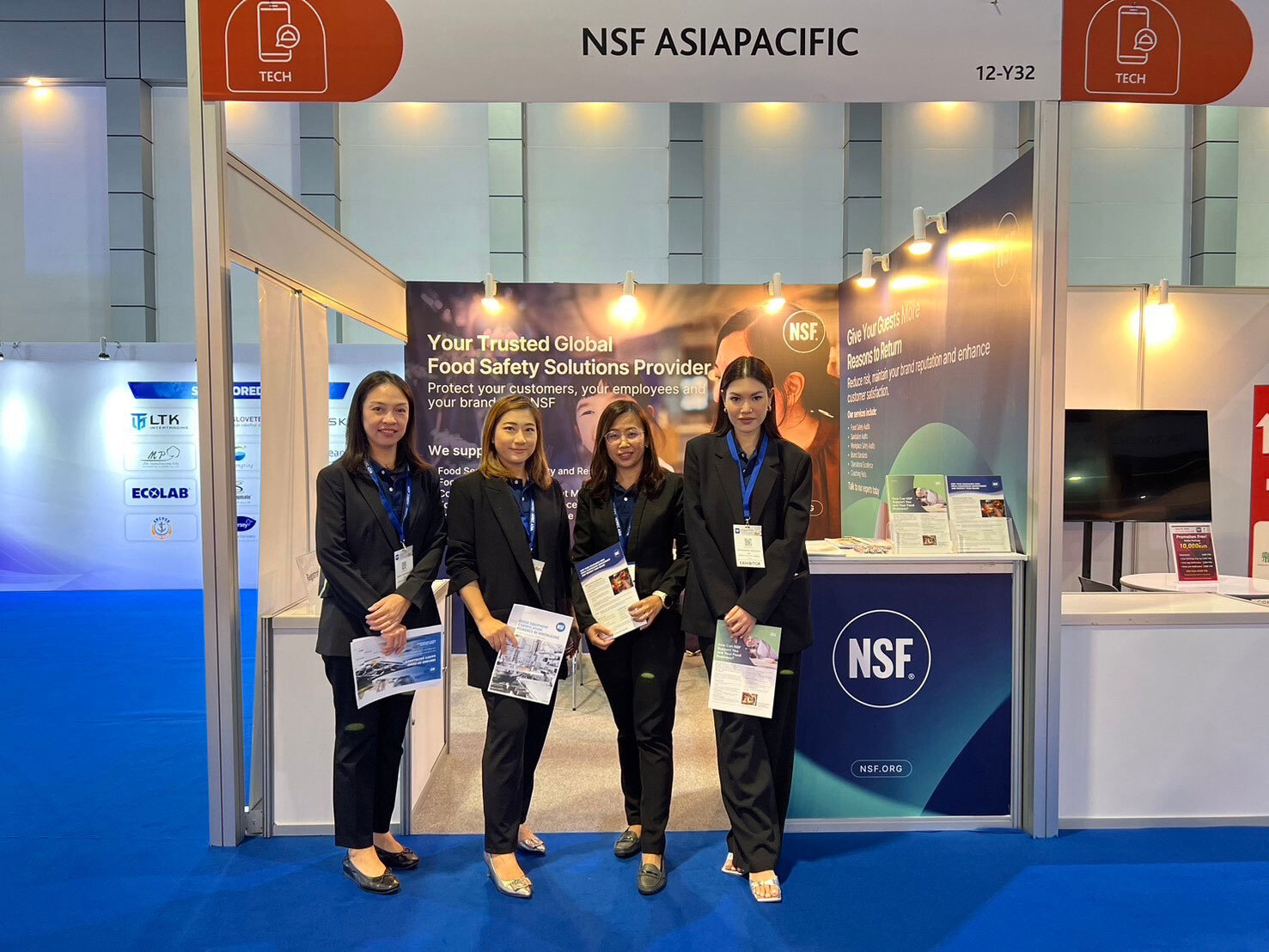2024 Regulatory Changes in the Automotive Industry

New edition of IATF Rules
The IATF (International Automotive Taskforce) announced that the 6th edition of the Rules for Achieving and Maintaining IATF 16949 certification (commonly known as “IATF rules”) will be published on March 31, 2024.
IATF 16949 is one of the most widely used set of technical standards for the improvement of quality management systems and the reduction of defects and waste in the automotive industry. It was first published in 1999 as ISO/TS 16949:1999 and then replaced in 2016 by IATF 16949:2016.
Two important updates that OEM should expect with this new edition are changes to the discount structure for corporate schemes and the availability of remote auditing for standalone remote support locations that are not responsible for product design.
After the publication, IAOB (International Automotive Oversight Bureau), IATF’s oversight body that manages the IATF 16949 accreditation scheme, will allow a period of nine months to implement the changes. On January 1, 2025, the previous edition of IATF Rules will become obsolete.
“Once the new rules are published, it will be important for clients to understand if and to what extent these will have an impact on their QMS,” says Kim Roan, Automotive Technical Manager, NSF. “To do that, the first step is to purchase the new rules as soon as they are released and read them, and then to review the Areas of impact for client consideration
page posted on the IATF website.”
IATF 16949 Automotive Quality Management System Certification
New edition of the APQP manual
The 3rd edition of the Advanced Product Quality Planning (APQP) will be published by AIAG (Automotive Industry Action Group) on March 1, 2024. The APQP guidelines allow OEMs worldwide and their suppliers to plan production in every detail to minimize corrections and meet quality requirements of customers.
Prior to publication, AIAG released a white paper explaining that new APQP version places much more emphasis on managerial activities such as risk analysis, ongoing reviews, and change management, going beyond “APQP as a product development methodology” towards “APQP as a governance framework of the product development process”.
This update of the APQP manual comes sixteen years after the previous edition. As Scott Trantham, General Motors Global Supplier Quality Process & Systems Manager, and member of APQP Work Group, explained, “we've got a lot that’s transpired over those sixteen years: we got a lot of new technology, we got new suppliers coming in, autonomous driving, EV Vehicles, software; all those things combined made sense for us to take that document out, dust it off and give it a refresh.”
Another important novelty will be the publication of the 1st edition of the Control Plan, the document that provides a written summary of the systems used during the Product Quality Planning Cycle. So far the Control Plan has always been an integral part of the APQP manual, never a standalone document. “Having the Control Plan in the APQP manual may have taken us longer to make updates, so now we have greater flexibility, as we learn more and we have new technologies that come to us, to quickly inject those into the Control Plan document,” said Trantham.
The 3rd edition of APQP and 1st edition of the Control Plan are on pre-sale on AIAG's website.
How NSF Can Help You
Get in touch to find out how we can help you and your business thrive.

What’s New with NSF

NSF Shanghai Named Critical Site for NSF/ANSI 455 and NSF/ANSI 173 by ANSI National Accreditation Board
July 26, 2024
NSF Takes Center Stage at NEHA Annual Education Conference
July 25, 2024
NSF Asia Pacific Showcases Hospitality Solutions at THAIFEX HOREC Asia 2024 in Bangkok, Thailand
July 4, 2024
